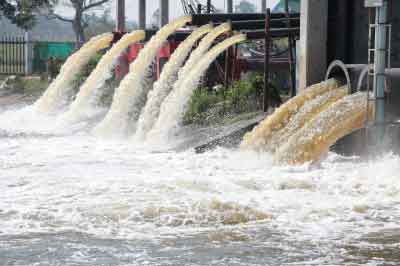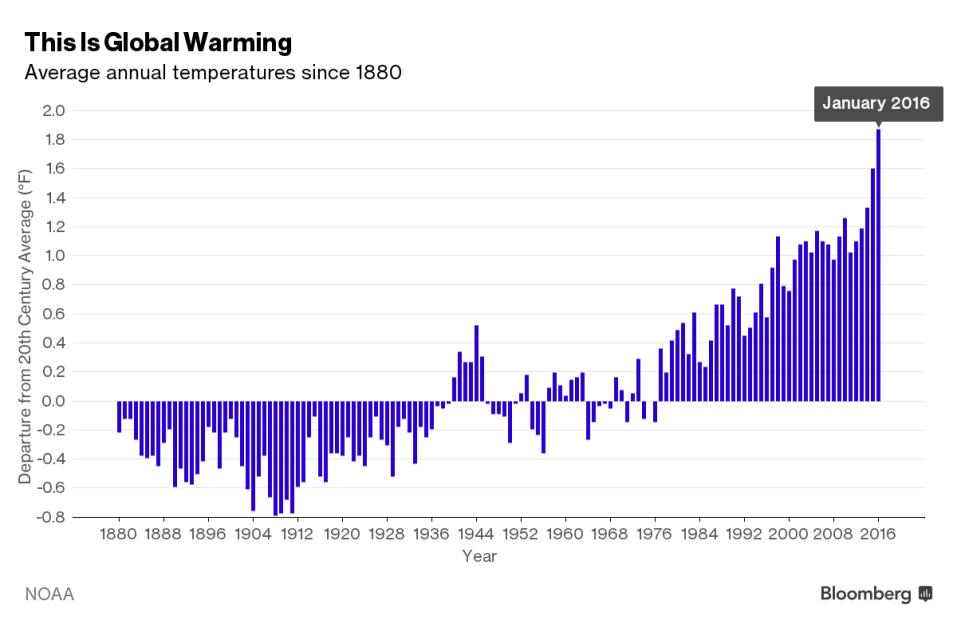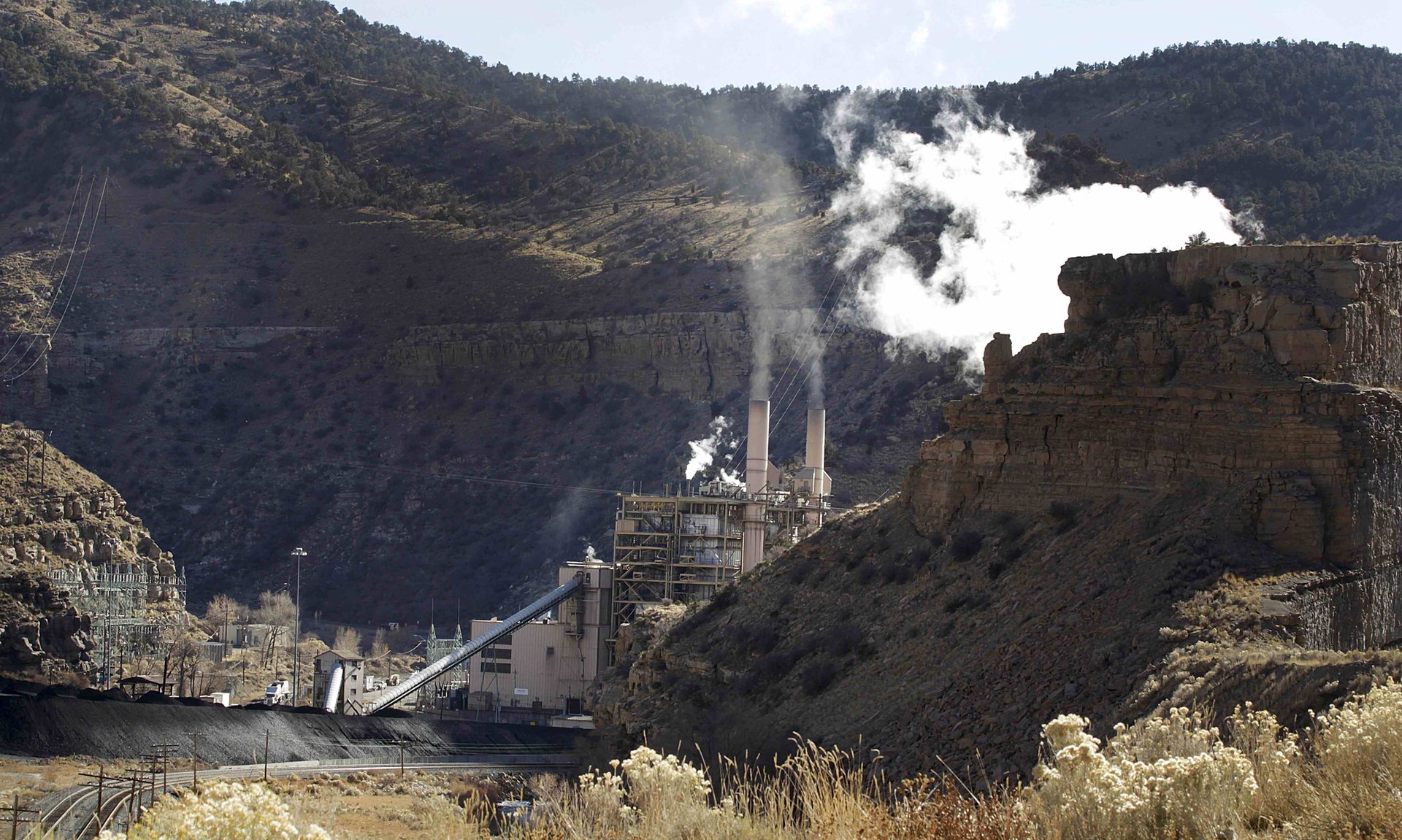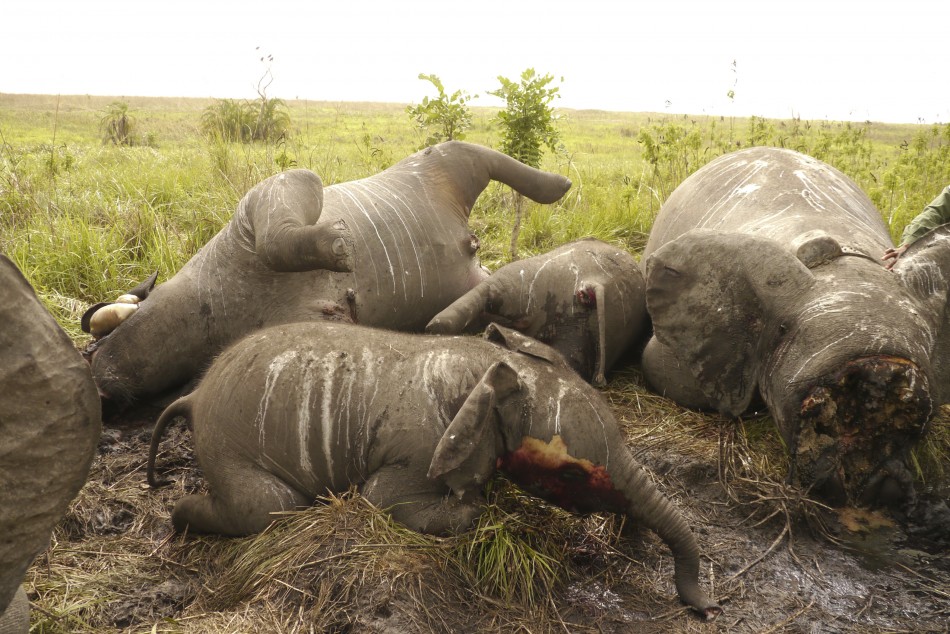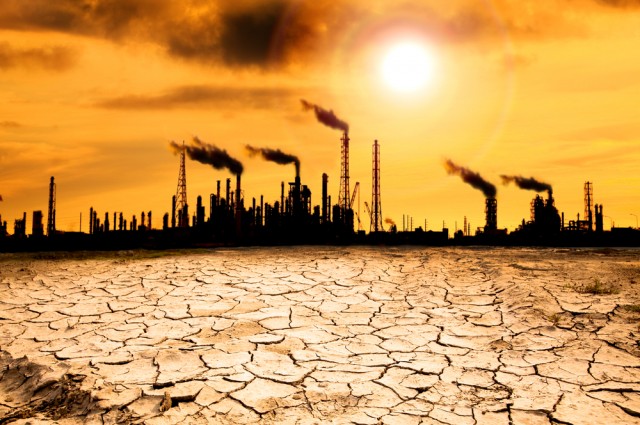‘Poisoned Waters’ — An In-Depth Look at the Sources and Impact of Water Pollution
November 05, 2016 By Dr. Mercola The 1972 Clean Water Act regulates discharges of pollutants into U.S. waterways and sets quality standards for surface waters. It was supposed to ensure clean water for swimming and fishing, yet after more than four decades of clean water regulations, our waterways are in serious jeopardy. In Frontline’s special report, “Poisoned Waters,” which originally aired in…

